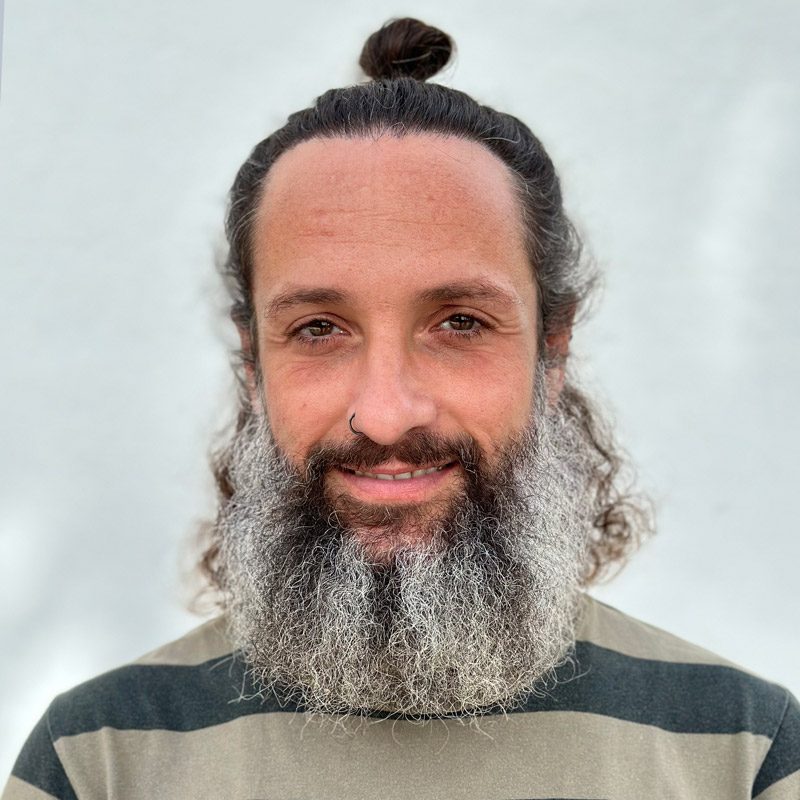The famous Mundari Cattle Camps are desolate places. They usually settle in areas close to the banks of the Nile River in South Sudan. The smoke from hundreds of bonfires covers the immensity of a vast arid, dry and hot land. Amidst that smoke, naked men, cows with giant horns and the iconographic Mundari totem, which inspired the Last Places logo, can be seen.
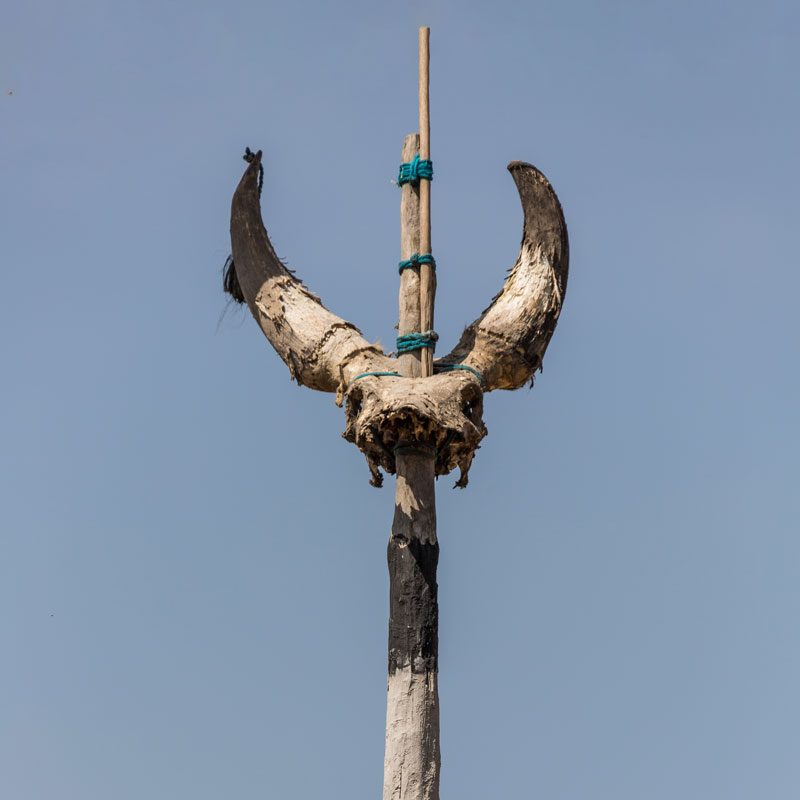
The totems are elements of worship within the religion of the Mundari
Mundari cows are of a species called Ankole-Watusi. Ankole-Watusi. They are characterized by their huge horns. These sacred animals form the central axis of their lives, their culture and their religion.. The spiritual sphere can only be accessed if cattle are used as mediums and the energies are channeled through the ash on the skin.
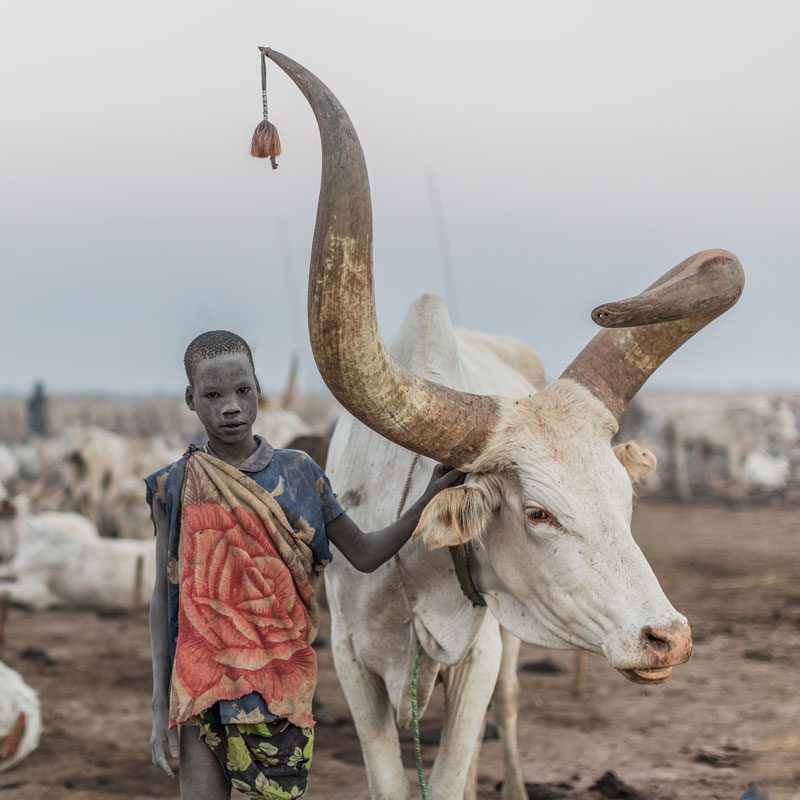
The Mundaris mold the horns of their cows to give them different shapes.
The semi-nomadic life of the Mundari is conditioned by the amount of pasture that exists for cattle. Their food and economic sustenance depends on these animals, which are also markers of social status and the possibility of getting married and starting a family, since the dowry is fixed in units of cattle.
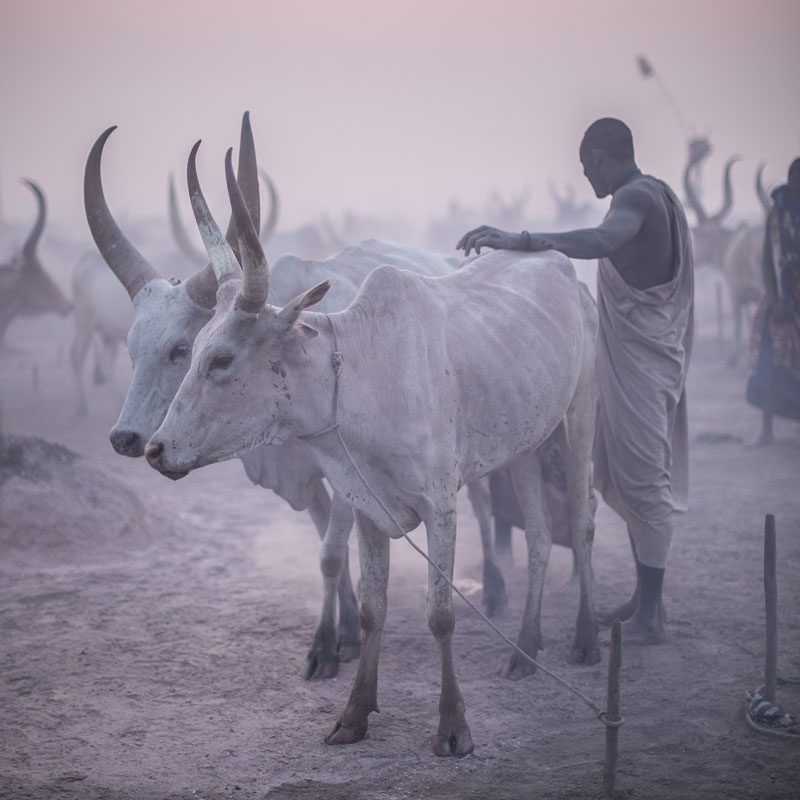
Youngsters groom their cattle daily with a smear of ash to protect them from bites.
Mundari Cattle Camps are a learning space for the boys. The elders teach the younger generations the tribal ways until they are mature enough to pass the rite to become adults. Male members of the community usually live in the Mundari Cattle Camps, although some women accompany them to carry out some tasks. Older people, pregnant women and the rest of society often live in towns.
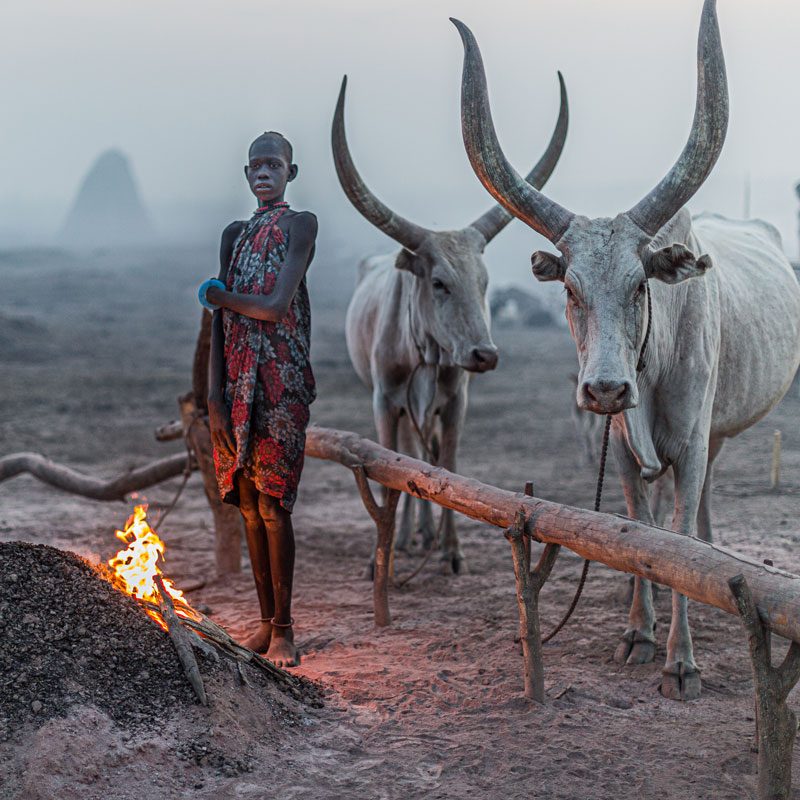
Bonfires are kept burning throughout the day, like shrines scattered throughout the camp
Young people and adults are in charge of caring for and grazing their flock. The infants' tasks are to regroup the cattle, milk the cows and pile the cow dung to set up the bonfires. The children also carry out a peculiar practice: in order to increase milk production, children stimulate the cows by flowing into their vaginas.
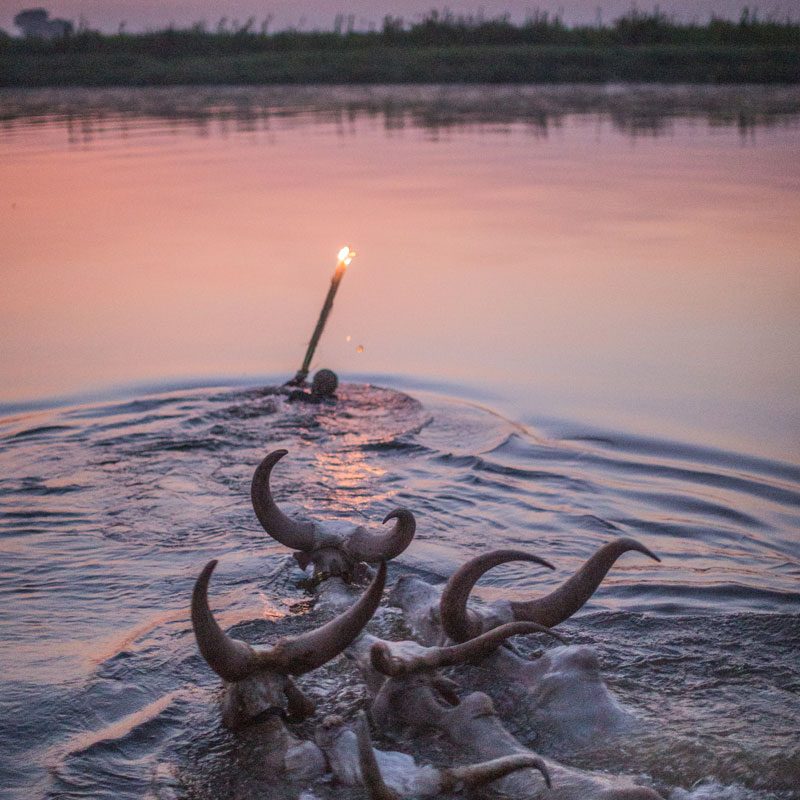
Sometimes they must swim across the river in search of new green areas to graze
The scarification on the foreheadof men is performed during the initiation ritual. Through the use of knives, five successive V-shaped marks are made, as a reference to the horns of the cows. After the ritual, young boys are presented with a cow and a proper name, associated with it.
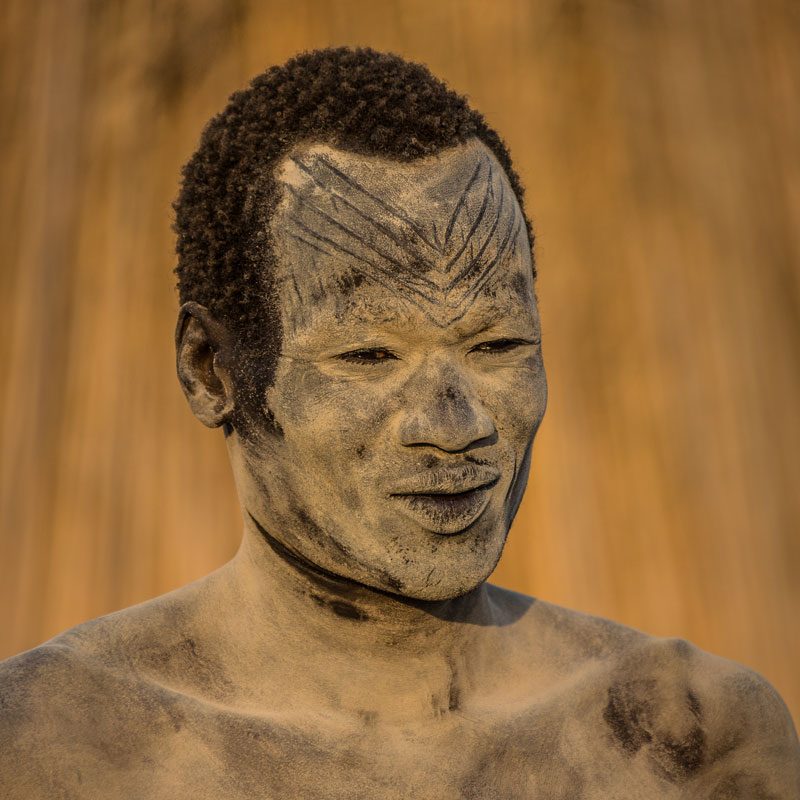
After the initiation ritual, they are allowed to marry.
The Mundari cover their bodies and those of the cows with ash from the bonfires to protect themselves from mosquito bites. In addition, they shower using cow urine and also use this liquid to dye their hair, thus most men have orange hair.
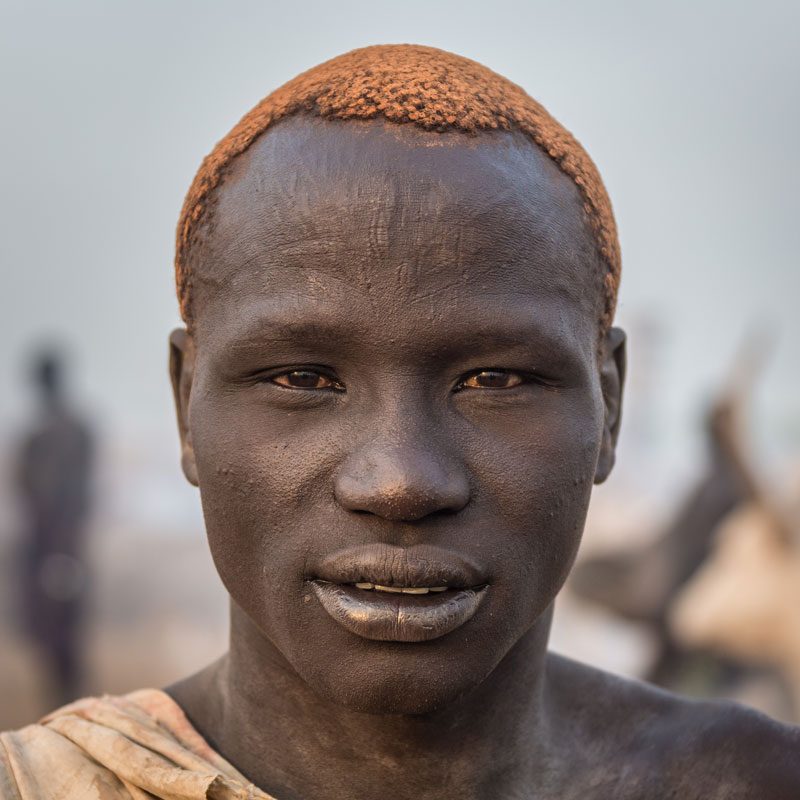
Mundari adult with dyed hair
Discover the fascinating world of Mundari Cattle Camps
You will have the opportunity to experience daily life in the Mundari Cattle Camps, as well as live with other traditional ethnic groups. Click here to discover upcoming trips to South Sudan.
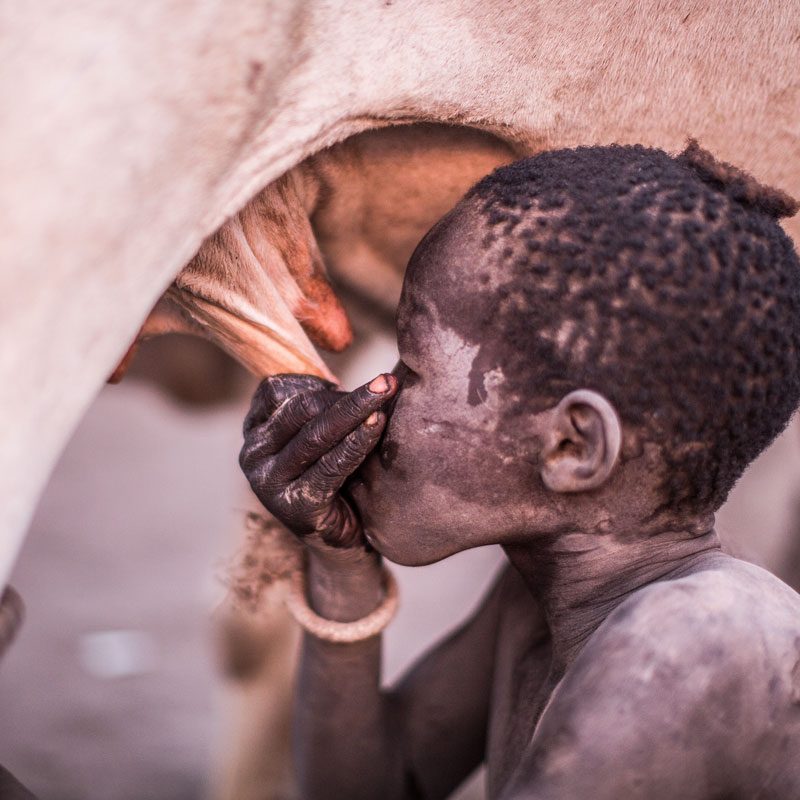
Mundari drink directly from the udders, as well as pierce the necks of cattle to drink their blood.
In 2017 we started a project to recover the ponchos and corsets that both the Dinka and the Mundari used to wear.Click here if you want to know more about the project and the corsets and ponchos.
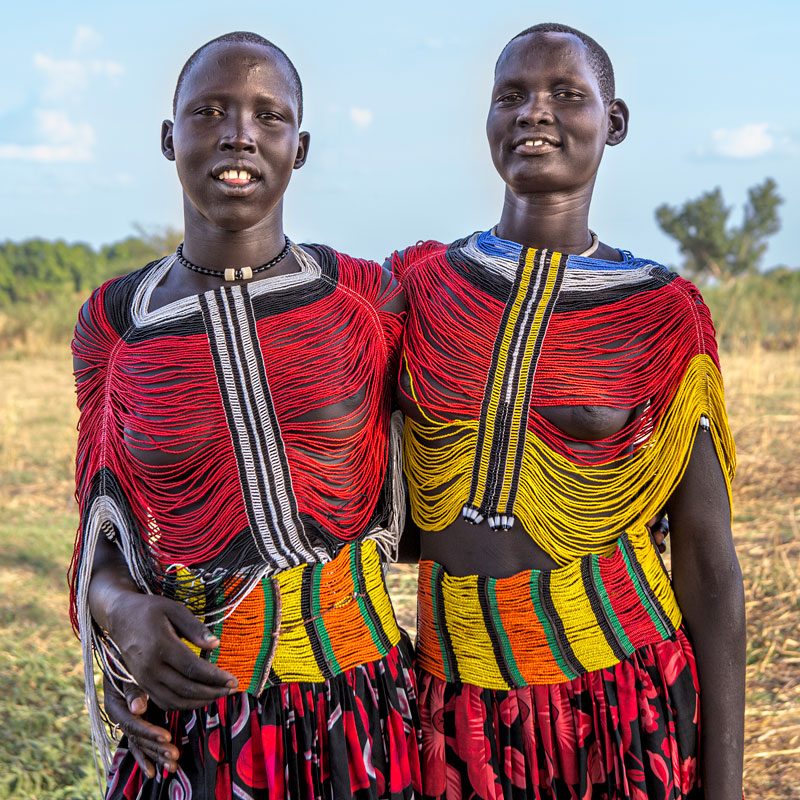
Mundari women wearing new ponchos. Photo by Ana Robles
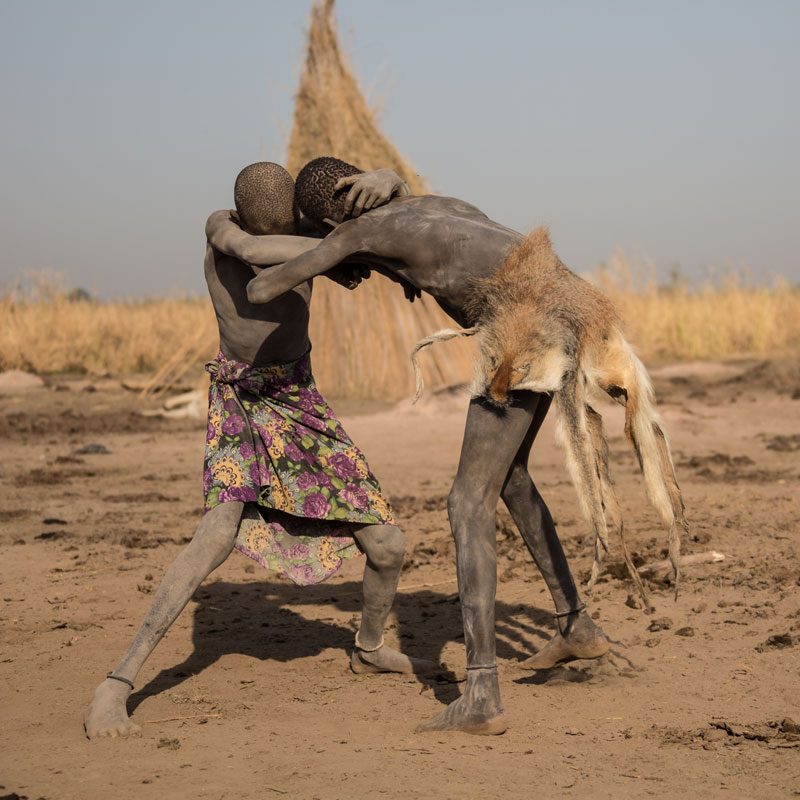
Mundari practice wrestling as a sport
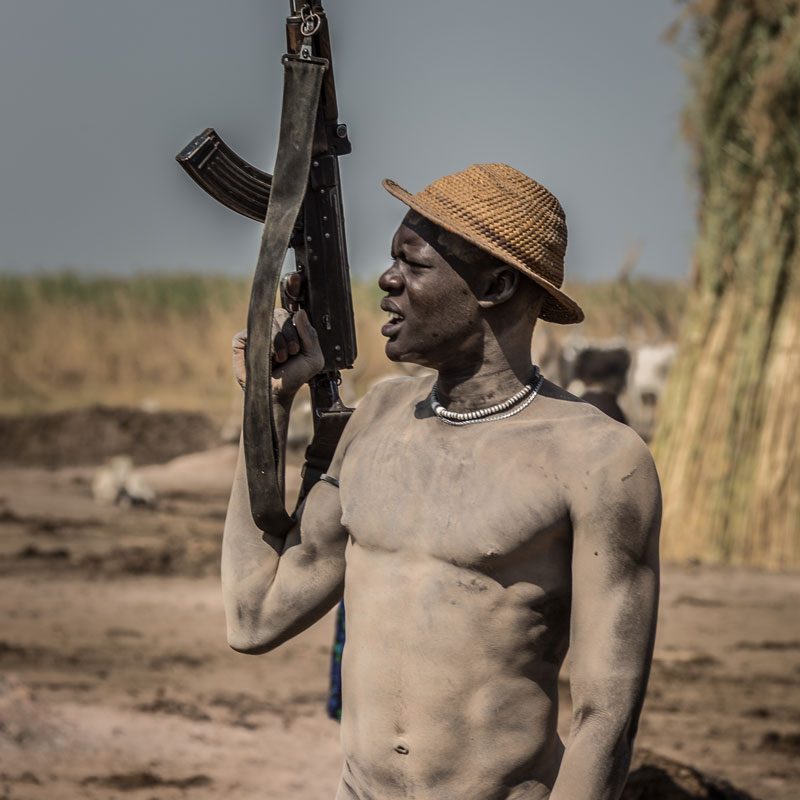
The settlements are defended by armed warriors
If you want to know more about the culture and and life in the Mundari Cattle Camps we recommend the book “Culturas Olvidadas” (written in Spanish) by Aníbal Bueno. The work is a compilation of small travel stories, where the daily life of cultures free from Western acculturation is narrated, and which maintain their traditional way of life.
Click here if you are interested in buying it.
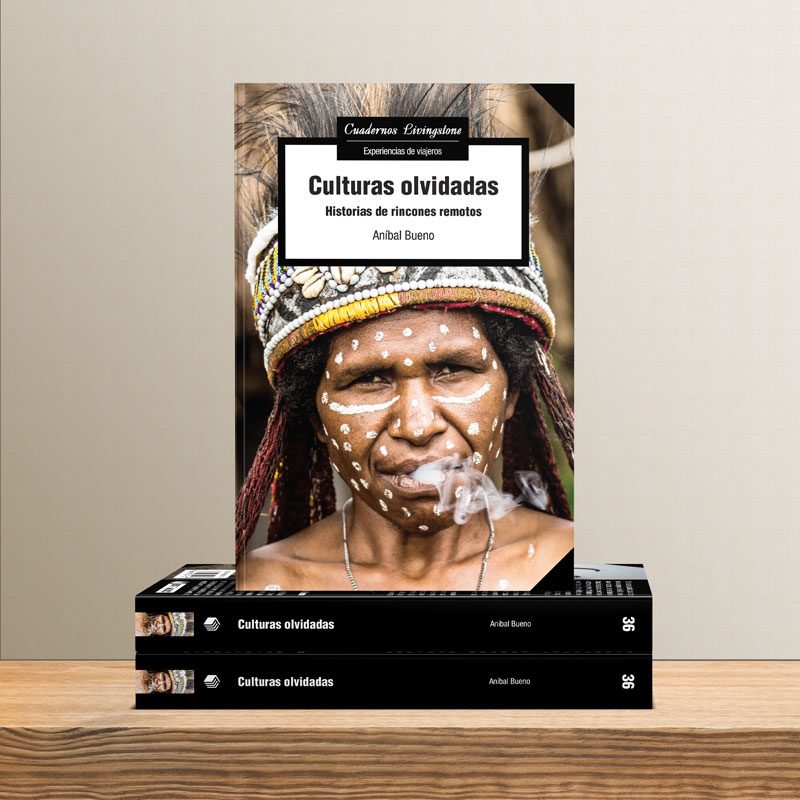
You can learn more about the Mundari at www.101lasttribes.com
© Photographs by Aníbal Bueno
